
Presented at the 2023 AANEM meeting, new findings suggest that subcutaneous efgartigimod could be a valuable treatment option for patients with myasthenia gravis, with well-tolerated cycles and improved daily living activities.

Presented at the 2023 AANEM meeting, new findings suggest that subcutaneous efgartigimod could be a valuable treatment option for patients with myasthenia gravis, with well-tolerated cycles and improved daily living activities.

The phase 3 PROPEL study demonstrated the long-term effectiveness of cipaglucosidase alfa/miglustat in late-onset Pompe disease, with improved 6-minute walk distance and lung function.
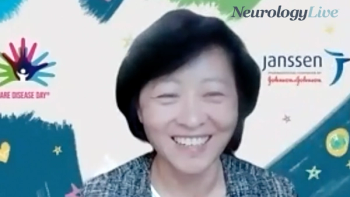
The senior director and global compound development team leader at Janssen discussed research on nipocalimab, an investigational agent for patients with myasthenia gravis that's shown promising data to this point. [WATCH TIME: 2 minutes]
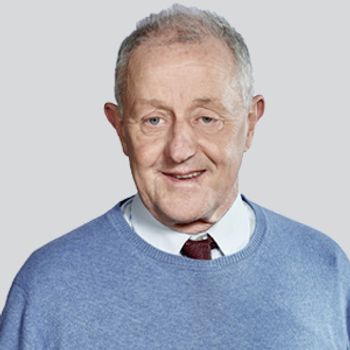
latozinemab treatment for C9orf72-associated frontotemporal dementia showed no significant impact on disease progression, although the treatment was generally safe and well-tolerated.
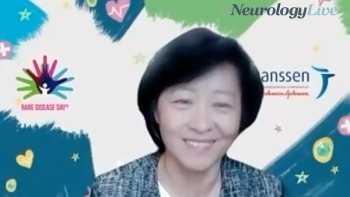
The senior director and global compound development team leader at Janssen talked about the importance of biomarkers in detecting an earlier diagnosis of myasthenia gravis and the significant unmet medical need for better treatment options. [WATCH TIME: 3 minutes]

David Greeley, MD, chief medical officer at AriBio and study author, provided commentary on the mechanism of action of AR1001, its promising effect on ptau181, and the next steps in its development.
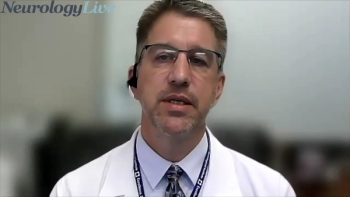
The vice-chair for research at Cleveland Clinic’s Neurological Institute discussed the way therapies are currently assessed for progressive MS and the need for disease-specific biomarkers. [WATCH TIME: 3 minutes]
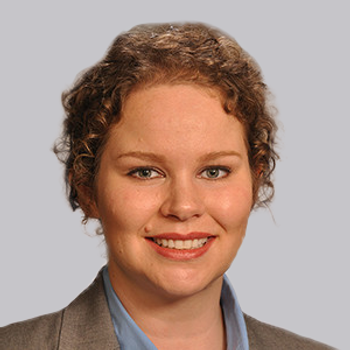
A recent study assessing TAK-861, an orexin-type 2 receptor agonist, high and lose doses of the therapy demonstrated improvements in wakefulness compared with the placebo in healthy adult men.

Results showed that the relative reduction (RR) in CDR-SB at end-of-study was moderately correlated with difference between treated and placebo in Centiloid change.
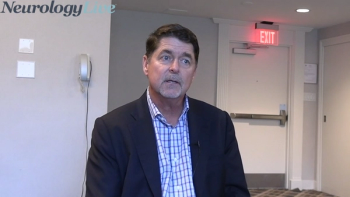
The chief executive officer of Cognito Therapeutics detailed clinical findings from the open-label extension of the phase 2 OVERTURE study presented at the recent Clinical Trials on Alzheimer’s Disease conference. [WATCH TIME: 4 minutes]

At 40 weeks, there were no observed cases of ARIA-edema, and new microhemorrhages occurred predominantly in patients with pre-existing conditions.
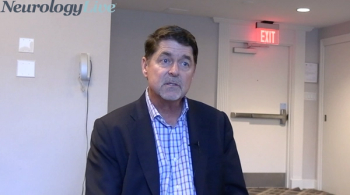
The chief executive officer of Cognito Therapeutics provided an in-depth overview of the company’s gamma sensory stimulation device, its mechanism of action, and why it serves as a promising therapy for patients with Alzheimer disease. [WATCH TIME: 5 minutes]
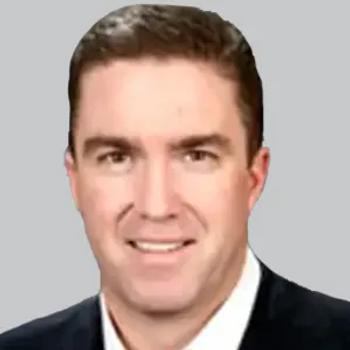
ACU193 treatment reduced amyloid plaques in early Alzheimer disease patients, suggesting AßOs as a viable target, with safety data and ARIA analysis presented at CTAD 2023.
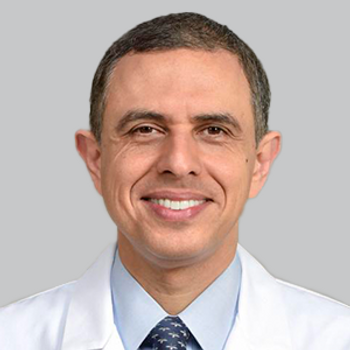
The use of focused ultrasound-mediated blood-brain barrier opening has the potential to advance neurotherapeutics in the treatment of Alzheimer disease and other progreesive neurological disorder impacted by that barrier.

Patients with mild Alzheimer disease who received high doses of BIIB080 demonstrated improvement in cognitive and functional outcomes compared with placebo, supporting further investigation.
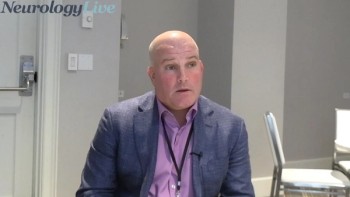
The senior vice president of clinical development at Vaccinex provided commentary on a presentation from CTAD 2023 highlighting the therapeutic potential of peptinemab, an agent that’s shown success in Huntington disease, in patients with Alzheimer disease. [WATCH TIME: 3 minutes]

New subcutaneous lecanemab considered more effective than IV for amyloid plaque removal in Alzheimer disease; FDA application planned by March 2024.

The chief executive officer at AmyriAD Therapeutics discussed the limitations of clinical trials assessing potential disease-modifying therapies for Alzhiemer disease including the lack of a diverse patient population and nonthorough clinical assessments for diagnosis. [WATCH TIME: 6 minutes]

Findings from the phase 2a AscenD-LB, a study of neflamapimod in patients with mild-to-moderate Alzheimer disease, served as supportive data to guide the phase 2b study.

Findings from the trial demonstrated rapid and sustained clinical response in patients with Alzhiemer disease agitation during the open-label treatment phase and did not show any new safety signals.
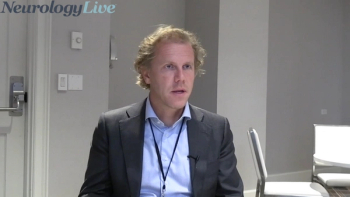
The neurologist and senior research at the Amsterdam University Medical Centers’ Alzheimer Center discussed the reasons behind the use of quantitative EEG in assessing Cognition Therapeutics' Alzheimer agent CT1812. [WATCH TIME: 3 minutes]

Over the 18-month treatment period, investigators observed no amyloid-related imaging abnormalities along with continued slowing of disease progression in patients with mild to moderate Alzheimer disease.
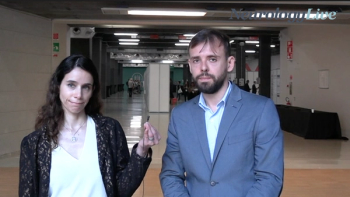
The neuroimmunologist at Clínica Alemana de Santiago and the head of the University Center for Multiple Sclerosis at Ramos Mejía Hospital talked about Latin America’s pursuit of expanding treatment options and patient inclusivity as a focus of neurological censuses in NMOSD. [WATCH TIME: 5 minutes]

The director and founder of The MS Center for Innovations in Care provided perspective on some of the significant strides made in recent years to improve the care and access to affordable treatments for patients with multiple sclerosis.
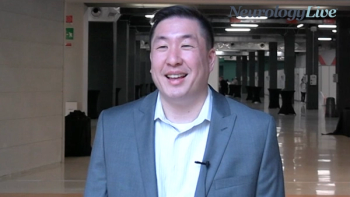
The associate professor of clinical neurology at the University of California, Irvine School of Medicine, discussed the use of a multiple sclerosis disease activity test and serum biomarkers in improving the landscape of care for patients. [WATCH TIME: 5 minutes]
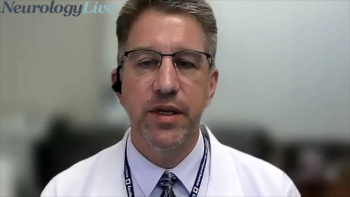
The vice-chair for research at Cleveland Clinic’s Neurological Institute provided commentary on the expanded research of GFAP in multiple sclerosis and whether certain biomarkers may predict treatment response. [WATCH TIME: 8]
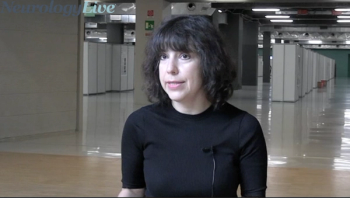
The clinical neurologist at the MS Center of Catalunya provided perspective on her presentation from MSMilan 2023, focusing in on key factors when diagnosing multiple sclerosis from other similarly presenting disorders. [WATCH TIME: 5 minutes]
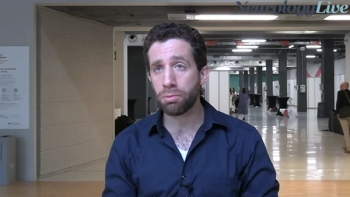
The research fellow at the Amsterdam University Medical Center provided thoughts on the possibilities of assessing cognitive decline in clinical settings for patients with multiple sclerosis. [WATCH TIME: 5 minutes]
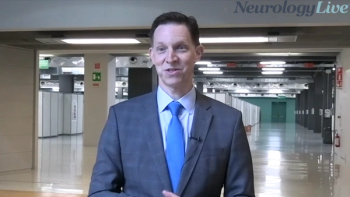
The director and founder of The MS Center for Innovations in Care provided thoughts on the potential role of biosimilars in treating multiple sclerosis and the steps needed to ensure that this integration process is safe. [WATCH TIME: 4 minutes]
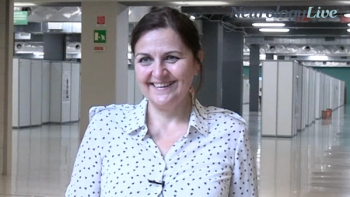
The neurologist in the Danish Multiple Sclerosis Center at Copenhagen University Hospital discussed the debate surrounding the use of hormone therapy in multiple sclerosis treatment, highlighting the need for more clinical evidence to support its use. [WATCH TIME: 5 minutes]